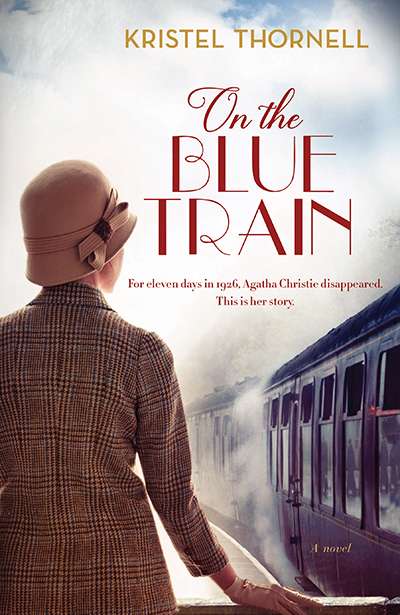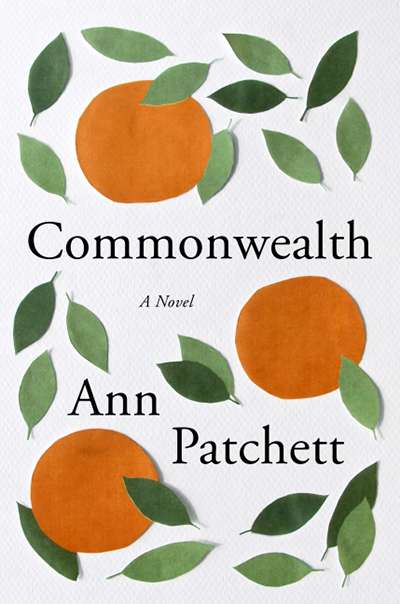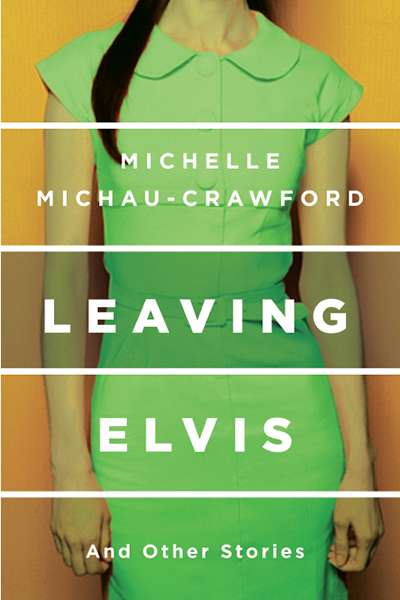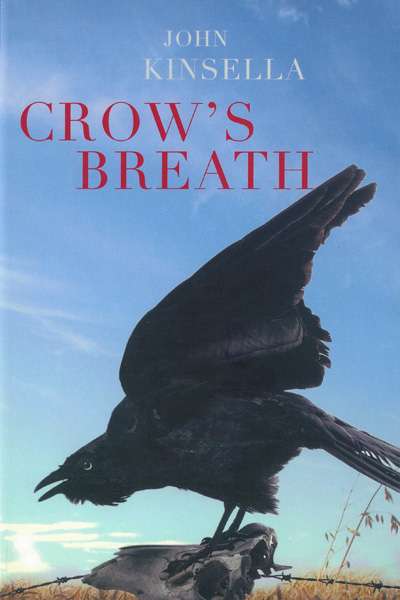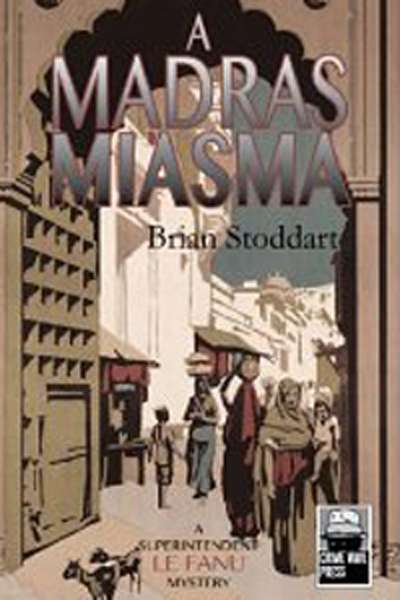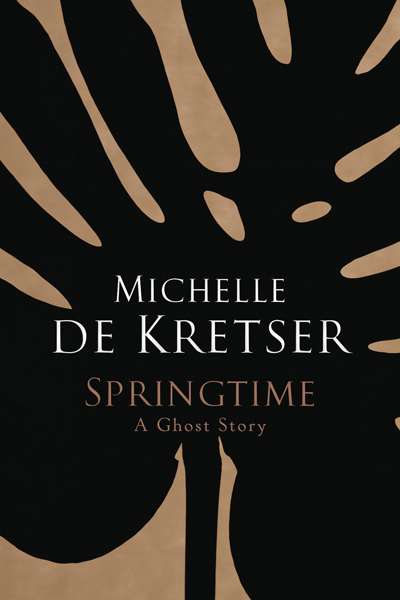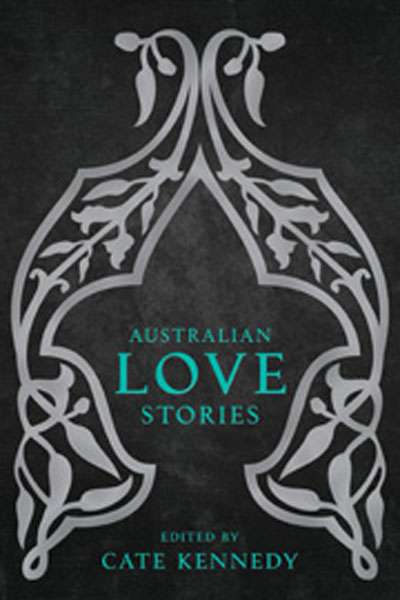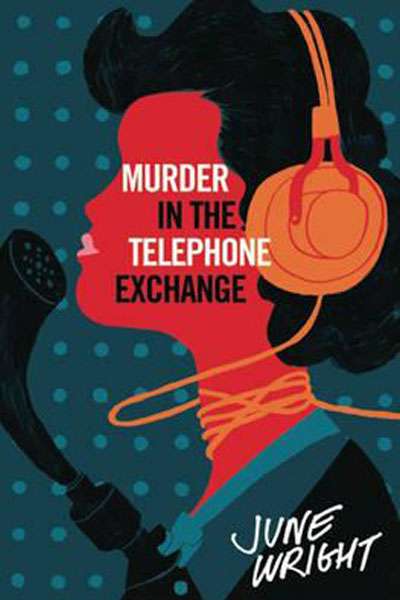Brian Stoddart is a scholar and expert in the history of modern India, with sixteen works of non-fiction to his credit. His first novel, A Madras Miasma, is set soon after World War I. The body of an Englishwoman is found with her head buried in the rancid mud of the Buckingham Canal, behind Chepak Palace. Superintendent Christian Jolyon Brenton Le Fanu, head of the recently formed Madras City Crime Unit, and his Muslim sidekick, Sergeant Mohammad Habibullah, must solve the case as quickly as possible. They are hampered by the teeming and uncooperative population of the riverbanks, political unrest, the disquiet of the British ruling class, and, to top things off, the truculent Commissioner of Police Arthur Jepson, who is determined to ‘take [Le Fanu] out’.
...
(read more)

